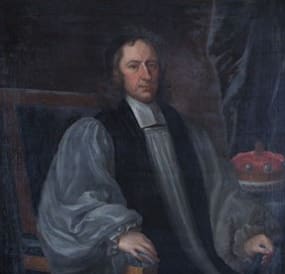The Legacy of Lord Crewe
Lord Crewe was a great benefactor, leaving his estates in Northumberland to the Charity that continues his good works to this day.
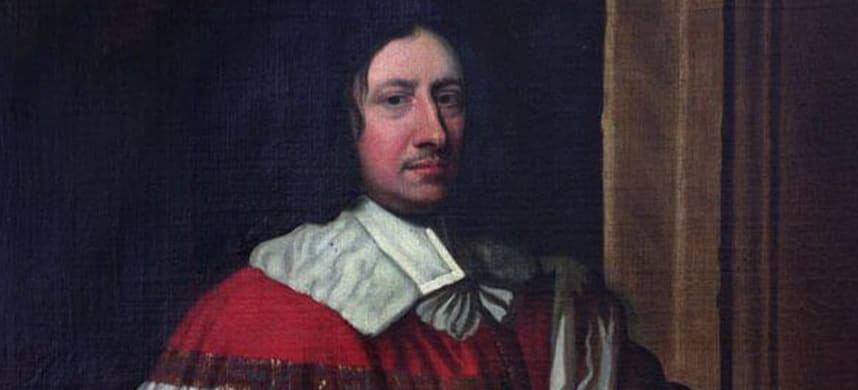
Nathaniel Crewe was born in 1633 at Steane in Northamptonshire, the fifth son in a family of six sons and two daughters. His grandfather was Speaker of the House of Commons and his father, John Crewe, was a Presbyterian Member of Parliament who played an important role in bringing about the return of King Charles II for which he was created Baron Crewe of Steane in 1662. After the death of his father and his elder brothers, Nathaniel became the 3rd Baron Crewe in 1697.
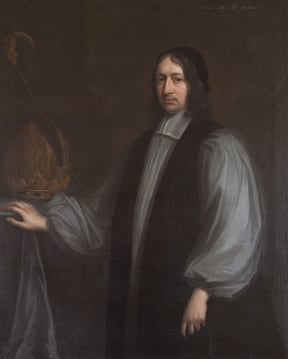
Royal Connections
Nathaniel graduated from Lincoln College, Oxford in 1656 and became a fellow the same year and went on to become Rector of the College.
In 1665 he was ordained deacon and priest on the same day and, having developed a close friendship with Charles II, went on to become chaplain to the king and clerk of the closet.
His influence secured him the position as Bishop of Oxford in 1671 and later Bishop of Durham. Whilst he had great influence with James II, as a member of the Privy Council and one of his chief advisors on church affairs, Crewe was careful to be in Holland when William succeeded to the throne; he avoided being mentioned in the Act of Oblivion. He had no hesitation in taking the oath of obedience and thereby retained his diocese, but no longer had the same level of influence in court.
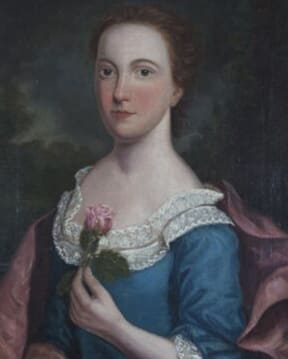
The Forsters
After the death of his first wife in 1699, he married Dorothy Forster the next year.
Dorothy and her brother, Tom, were joint heirs to the Forster family estates at Bamburgh, Thornton, Blanchland and Shotley, however in the early 18th century they were laden with debt and the Court of Chancery was petitioned to sell them to pay off the outstanding debts. Over a period, Nathaniel purchased the estates from the Forsters, perhaps as a kindness to Dorothy or perhaps with the establishment of the Charity in mind.
Despite Dorothy being 40 years his junior, she pre-deceased him in 1715 only 6 years before his own death.
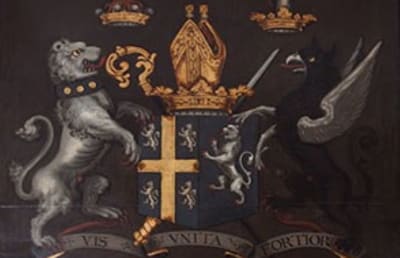
His Legacy
Under the terms of his will the charity that bears his name was founded and endowed with his Northumbrian estates. Most of these properties are still being owned by Lord Crewe’s Charity, yielding the income that enables the current programme of grant giving.
You might also be interested in
Our Archives
The Charity's archives are deposited with Northumberland Archives at Woodhorn and contain interesting documents relating to Lord Crewe and the early years of the Charity..
Find out more